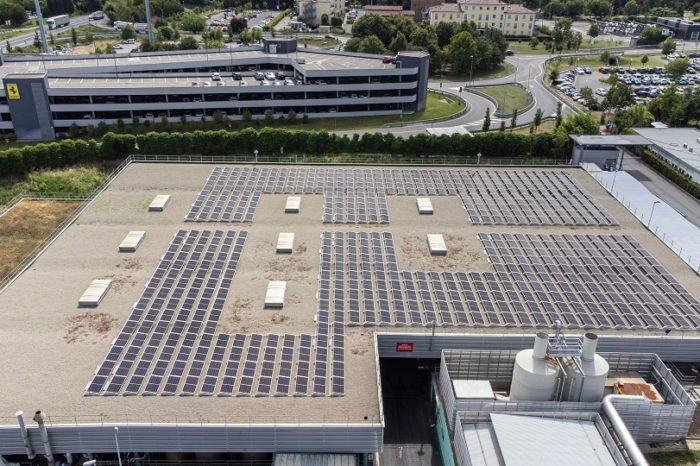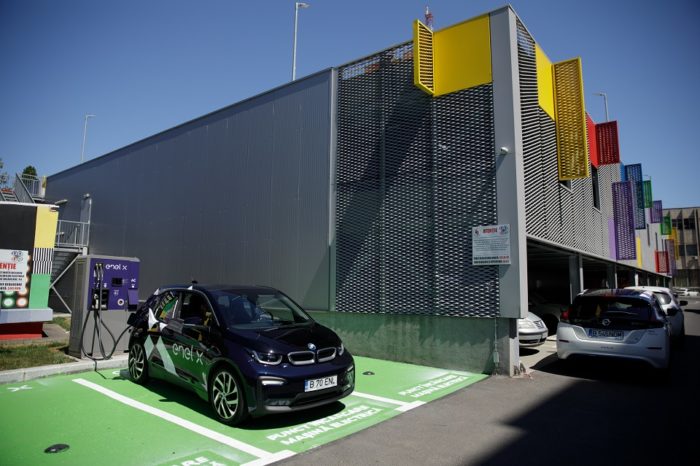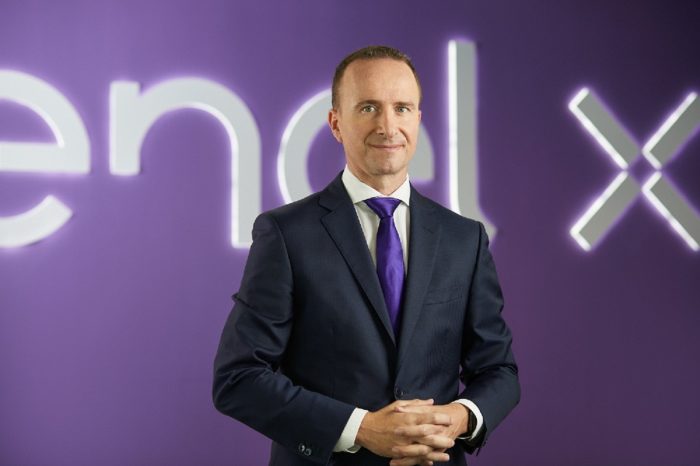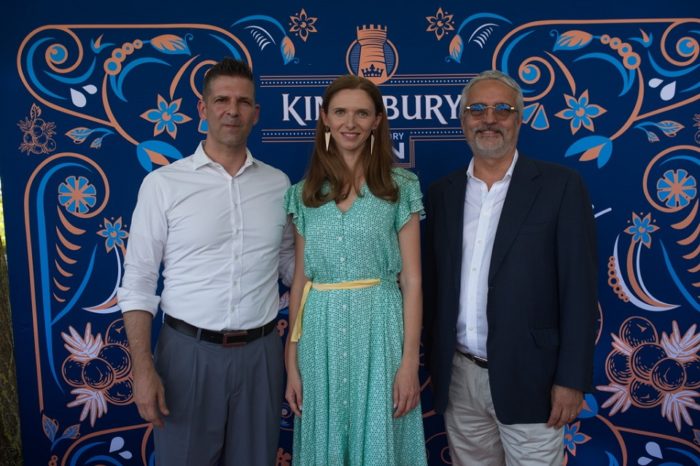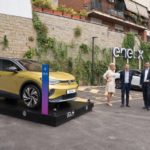ENEL X and VOLKSWAGEN team up for electric mobility in ITALY
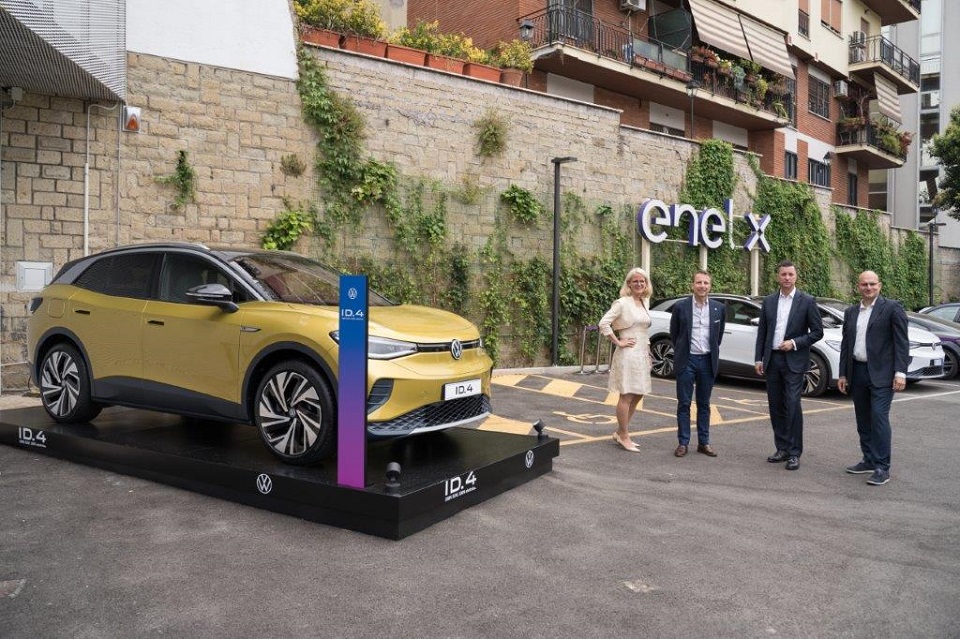
Enel X, the Enel Group’s advanced energy solutions business line, and the leading auto manufacturer Volkswagen Group signed an agreement aimed at setting up a full function joint venture of equal partners to enhance the electric vehicle (EV) uptake in Italy (the “JV”).
The JV will operate in Italy as Charging Point Operator (“CPO”) by investing in, deploying between 2021 and 2025, owning and operating a high power charging (HPC) network. The network will count on more than 3,000 charging points of up to 350 kW each across the national territory. The charging network will enable a comfortable ride with electric vehicles from North to South of the Peninsula.
Francesco Venturini, Enel X CEO, said: “We share with Volkswagen a joint vision on global electrification of transport, so a partnership with them came naturally for us: the energy transition requires teamwork. The EU auto industry and the energy sector have the required expertise and means to make the energy transition happen as quickly as possible, with the electrification of transportation as one of its main avenues. Towards this aim, we are joining forces with Volkswagen and the overall auto sector in the design and implementation of electric mobility solutions that are accessible and convenient for all drivers, as well as being safe and sustainable.”
Thomas Schmall, member of the Volkswagen AG Board of Management responsible for Technology and CEO of Volkswagen Group Components said: “Volkswagen’s aim is to boost charging infrastructure around the world. The joint venture with Enel X will install more than 3,000 high power chargers at about 700 locations. This is a big step for e-Mobility in Italy and in Europe. By 2025, Volkswagen initiatives will provide 18,000 High Power Charging Points on the continent – this makes up one third of the necessary High Power charging infrastructure in Europe. Drivers of any Volkswagen BEV as well as any kind of electric vehicle from other manufacturers can benefit from these initiatives.”
The Enel X-Volkswagen joint venture will focus on city centers, main roads used by commuters and main extra-urban roads with the aim to:
- enhance the uptake of electric vehicles among urban drivers that do not have private parking facilities by relying on a capillary network of charging points which, in just 20 minutes, can charge popular mid-size vehicles such as the Volkswagen ID.3[1];
- reduce range anxiety among EV drivers, especially those commuters who travel longer distances;
- provide a fast and comfortable charging experience while traveling.
Drivers of any kind of electric vehicle from all manufacturers can benefit from this initiative by accessing the joint venture’s HPC Network that will also be interoperable to different Mobility Service Providers, including through interoperability platforms. The two parent companies will allocate core expertise in site selection, installation and operation to support the quick ramp-up of the charging points’ network.
Moreover, Enel X will support the JV with service contracts to make its e-Mobility technology and expertise available for the start up phase.
The completion of the transaction between Enel X and Volkswagen Group is subject to certain conditions including the administrative authorization relating to the golden power procedure with the Presidency of Italy’s Council of Ministers and the clearances issued from the competent Antitrust Authorities.
The Enel Group and Volkswagen have also joined forces within the European CEO Alliance initiative, with 11 other European companies for a zero-carbon future and a more resilient Europe. The Alliance represents companies from different industries and European nations, which generate a combined 600 billion euros in annual revenues and employ 1.7 million people. The CEO Alliance channels the decarbonization efforts of these companies by connecting sectors and strategies, identifying potential for collaborations, fostering investments as well as deploying projects for a sustainable economy and society, in line with the EU Green Deal.
[1] ID.3, combined power consumption in kWh/100 km (NEDC): 15,4-14,5, CO2 emissions in g/km: 0; efficiency class: A+



